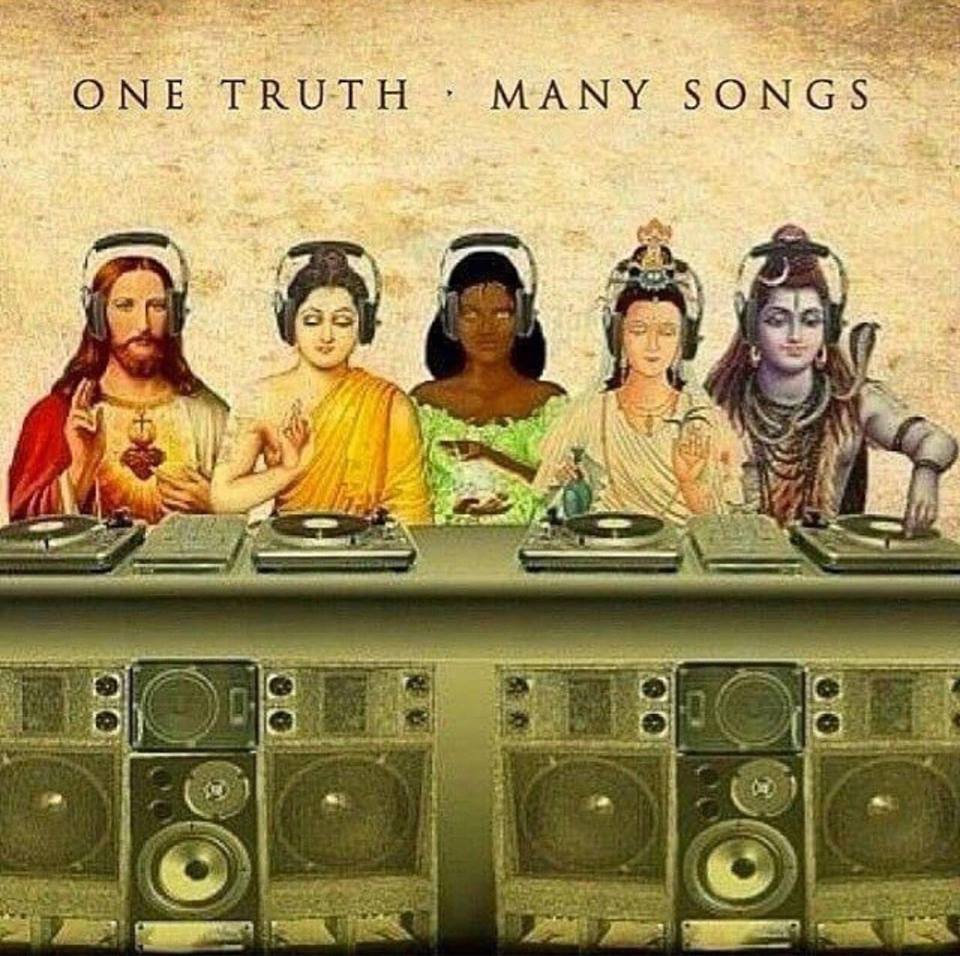
“As children grow and take in more and more of the world – events, debates, conflicts at home and globally – a foundation of respect and awareness of universal spiritual themes will help prevent them from seeing fellow human beings as distant others or inherently wrong because of different religious or spiritual expression. Fluency in many spiritual languages can deepen and permanently strengthen their capacity for heart knowing, including seeing the transcendent in people who look and pray differently.” L. Miller
Early childhood and adolescence are not only periods of rapid development physically, mentally, emotionally, but also spiritually. Growing up I had little exposure to religion so when I began attending a Christian school as a preteen, I clung to the dogma because it gave me a sense of stability. Unfortunately my schooling was quite literal in its biblical teachings, which made me uneasy about my home life. My Okinawan family didn’t call God by the same name and we lit intense for the shrines in our home, all the while at school I was told that everyone I loved was headed to hell and that “worshiping another God” was the ultimate sin, so I wasn’t far behind.
I know a lot of people have bad tastes in their mouths when it comes to religion, making them renounce nearly any and everything spiritual. But connection to ourselves and something greater than us is integral to healthy development, particularly during Early Childhood. The path of least resistance in this area seems to be something that I can easily tuck under the umbrella of Okinawan style “ancestor worship.” Nearly everyone has lost someone that they love, so calling upon a deceased loved one in a time of need rather than GOD, is a palatable alternative. Many of us were raised to fear a judgmental and punitive God, so asking Him/Her for support before a dental visit feels much more abstract than, “Grandma… help calm my nerves.”
Today, parents feel unequipped to answer their child’s philosophical questions about death, life, or even the solar system but your child’s yearning for a deeper understanding about the world and his/her spirituality is an invitation for you to grow as well. As we all know, parenthood is the perfect opportunity for us to revisit and redefine our own values but outside of organized religion there are few resources regarding how to support a child’s spiritual growth, if any. Most parents are focused on how to get their children to eat more vegetables, not realizing that a foundation of spiritual connection sets the stage for all types of health – the stuff that matters. We all know that eating well is a form of self-respect, setting healthy boundaries in relationships is one pathway to happiness and fulfillment, yet people want to discuss the fruits and branches of these issues while ignoring the roots. I’m excited to integrate all of this into the Okinawa Course for Early Childhood: I’m not only sharing concrete strategies on how to establish healthy habits for your child but I’m also providing resources that will support you in understanding and teaching WHY spirituality comes before everything else.